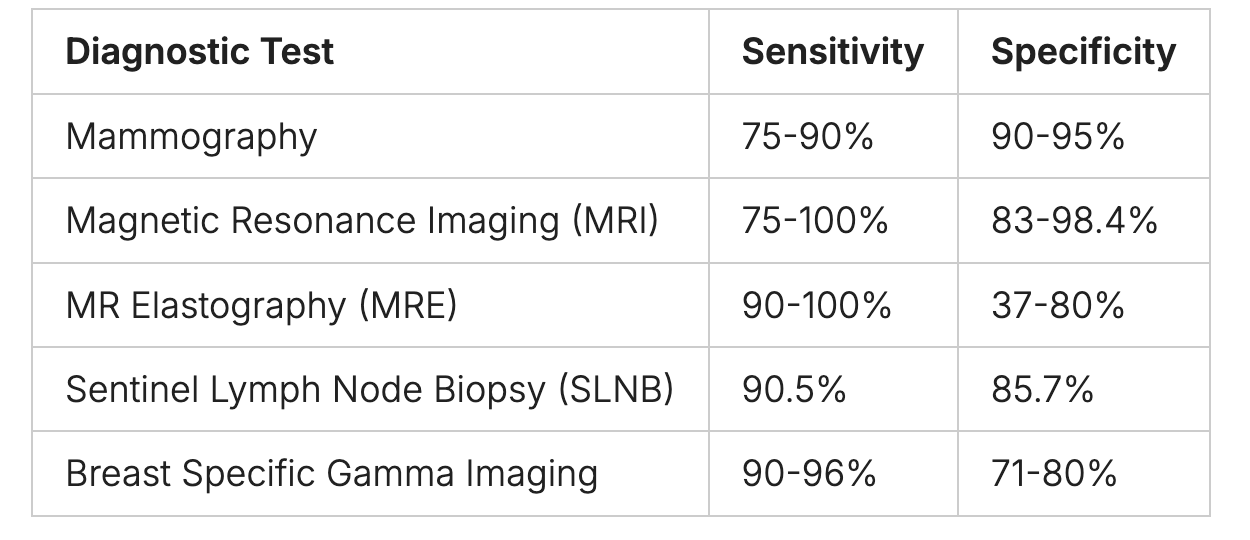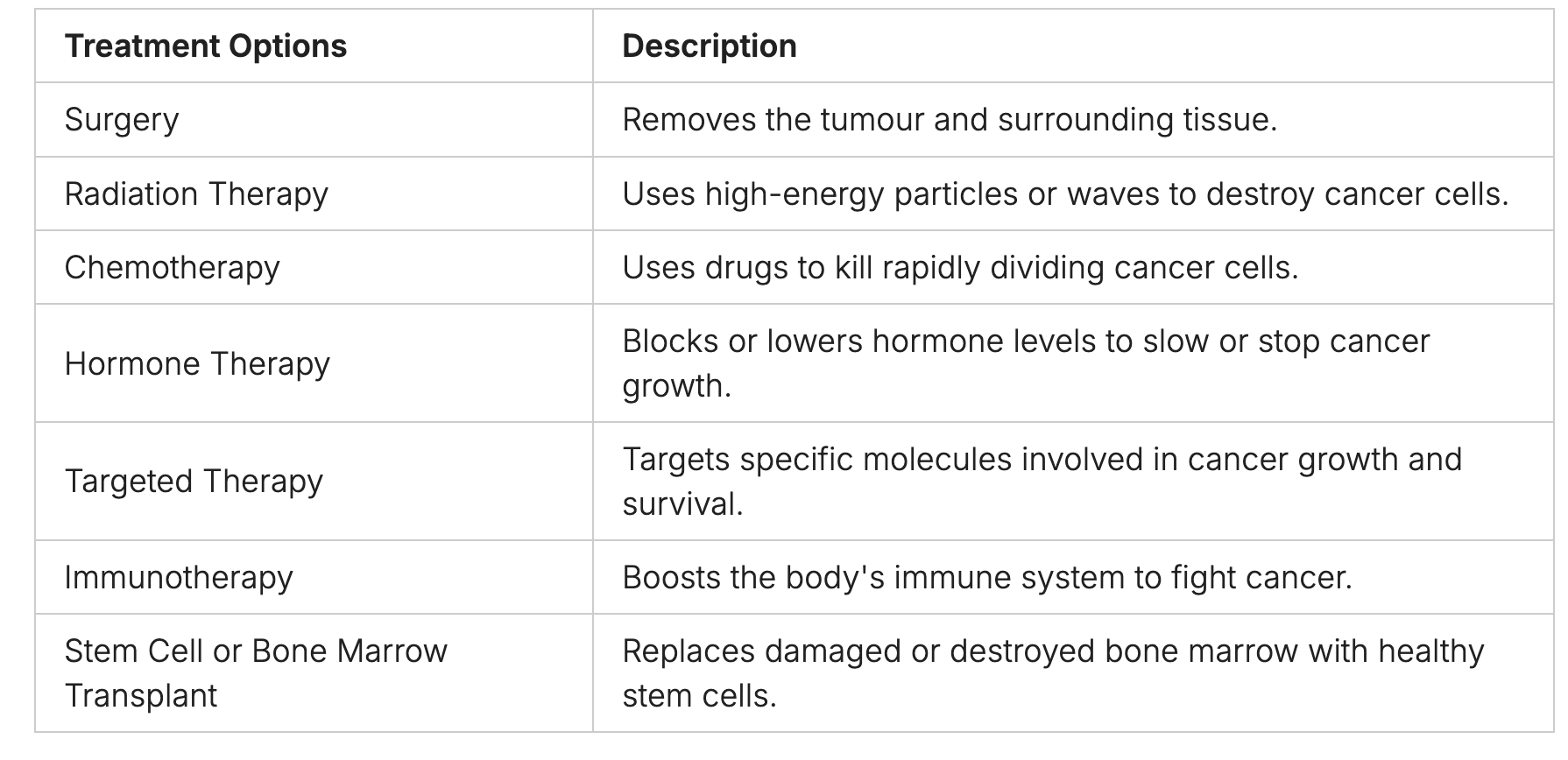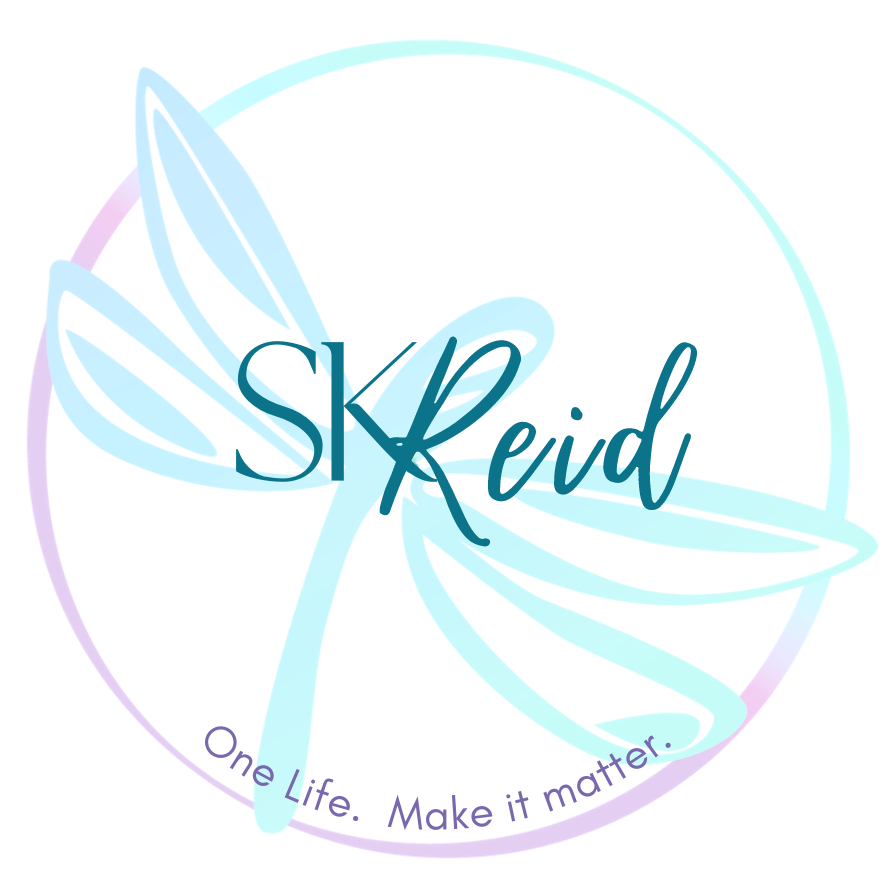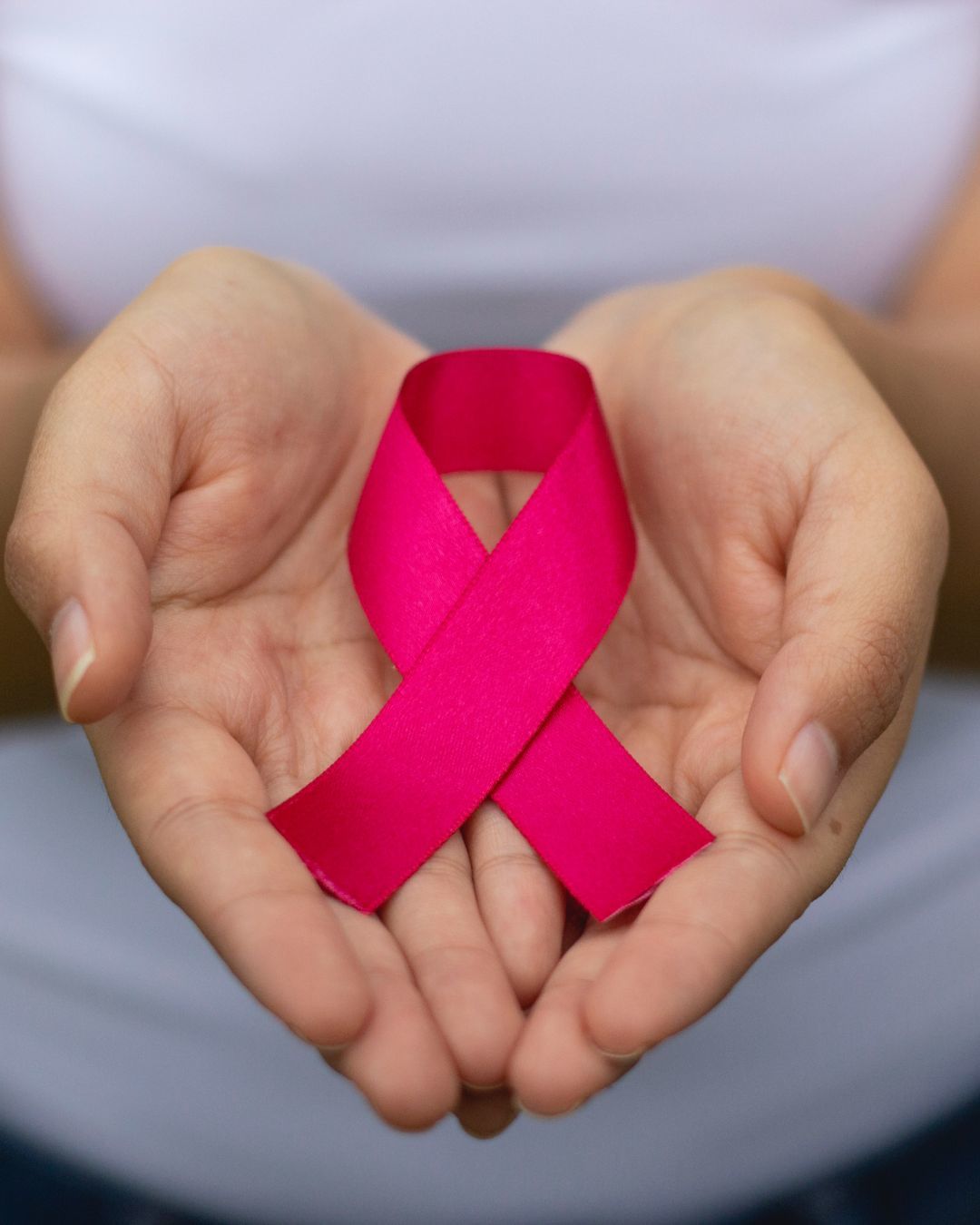Life can pause in moments of great change or loss. Words often fail us, and our world shifts. I recall sitting in a hospital waiting room, surrounded by silence. The fluorescent lights seemed to amplify the emptiness, leaving only uncertainty.
Receiving a cancer diagnosis can feel like the ground beneath you has changed. It marks a clear divide in life, from "before" to "after." The initial shock can be overwhelming, leaving you with a mix of emotions and decisions1. Yet, there's a way forward, filled with knowledge, support, and empowerment. This guide is here to help you navigate this difficult path, whether you're facing it yourself or supporting a loved one.
Key Takeaways
- A breast cancer diagnosis can be a life-altering experience, but there are resources and support available to help you through it.
- Breast cancer nurses are a life saver and work closely with breast cancer patients, to provide personalised support throughout the treatment journey1.
- Understanding the stages and types of breast cancer, as well as the diagnostic tests used, can help you make informed decisions about your care2.
- Building a supportive network and prioritising self-care can help you cope with the emotional and practical challenges of a breast cancer diagnosis.
- Seeking out additional resources, such as support groups and clinical trials, can empower you to take an active role in your treatment and recovery.
Recognising Your Emotions After a Breast Cancer Diagnosis
Getting a breast cancer diagnosis can feel overwhelming. It brings a mix of shock, disbelief, and uncertainty about the future. Remember, these feelings are normal and you're not alone.
Coping with Uncertainty and Blame
Feeling anxious and losing control is common after a diagnosis. Breast cancer patients often worry about their future and treatment. It's important to know that the diagnosis isn't your fault. Focus on your health and the support you have.
Seeking Support from Trusted Sources
3 Getting help from professionals is key for cancer patients. They face a higher risk of depression. Activities like meditation and yoga can help manage stress3.
Keeping in touch with family and friends is also vital. It helps prevent feelings of loneliness and depression3. Caregivers and loved ones also need to look after themselves and seek support.
4 Women with breast cancer often feel anxious, irritable, and guilty. They may also struggle with forgetfulness and lack of concentration4. Fatigue is a common symptom that affects both body and mind.
"The feelings after a breast cancer diagnosis can mirror the five stages of grief. These include denial, anger, bargaining, sadness, and depression." 5
By facing your emotions and seeking support, you can cope with the diagnosis. You can move forward with strength and resilience345.
Roadmap to ResilienceFacing a breast cancer diagnosis can feel like your world has been turned upside down. It’s a moment that comes with countless questions, an overload of emotions, and a search for stability in the midst of chaos. The Roadmap to Resilience is more than just a guide—it’s a companion for those newly diagnosed with breast cancer. This thoughtfully crafted resource offers practical insights, essential information on treatment options, and heartfelt reflections to help you make informed decisions while nurturing your inner resilience. Whether you’re looking to build a strong support network or seeking solace amidst uncertainty, this guide is designed to be there when you need it most. Find your copy here. |
Understanding Your Breast Cancer Diagnosis
Receiving a breast cancer diagnosis can feel overwhelming. But, having the right information can help you navigate this journey. Start by looking at trusted sources - for those in Australia, like the Australian Cancer Council or BCNA- both of these organisations were enormously important in my own journey. They explain different types of breast cancer and the latest treatments6.
Alhtough having a test done is a complex decision, genetic testing can also show if you have genes that raise your risk of breast cancer6
Gathering Reliable Information
Breast cancer can start in different parts of the breast, like ducts or lobules. It can also spread to other areas, like bones or the liver6. Knowing the stage and type of your cancer is key for making good choices. The Australian Cancer Council and other trusted groups offer detailed info to help you understand your diagnosis67.
Asking Questions and Communicating with Your Care Team
This is probably the single most impotrtant thing to do! Become your own advocate. And having someone by iyr side- if able- can help as well. It's important to ask your healthcare team questions and ask them to explain any confusing terms7Talking openly with your care team helps you make informed choices about your treatment. This might include hormone therapy, targeted therapies, or chemotherapy, based on your cancer's type6.
By working closely with your healthcare team and seeking reliable info, you can understand your breast cancer diagnosis better. This way, you can make informed decisions about your care7.
"Knowledge is power, and understanding your breast cancer diagnosis is the first step towards taking control of your health."
Building a Supportive Network
Getting a breast cancer diagnosis can be tough, but you're not alone. It's key to have a strong support network. They can offer emotional, practical, and information help. This network can be a big help during tough times.
Identifying Your Circle of Support
Think about who in your life can offer support. This could be family, friends, or even work colleagues. Friends often provide the highest contribution of support, followed by close family members.8 Studies suggest that many women without a partner get more support from their social network than those with a partner. Women without higher education rely more on family for support.9
It's also good to expand your support network. Acquaintances and community groups, can add to your network's support.8 Larger social networks can be a source of support and improve quality of life for many cancer patients.9
Utilising Professional Support Services
Don't forget about professional support services too. This includes therapists, social workers, and support groups. The Susan G. Komen Patient Care Center offers free support like education and financial help.8 These experts can give you specific advice and connect you with resources. They also provide a safe place to talk about your feelings.
Having a mix of strong and weak ties in your network can improve your life and help you manage health conditions, including cancer.9
By creating a strong support network and using professional services, you can face your breast cancer journey better. This approach can help you stay strong and well98.
Breast cancer diagnosis
Getting a breast cancer diagnosis can feel overwhelming and life-changing. But remember, you're not alone. Breast cancer affects millions worldwide10. There are many resources and support systems to help you understand and move forward.
Typically, the journey starts when a lump is found or a mammogram shows a problem10. Then, a diagnostic mammogram is used to check further10. Ultrasound helps figure out if a lump is a tumor or a cyst, guiding a biopsy10.
Biopsy is key to confirming breast cancer, by removing tissue for lab tests10. Tests also check for hormone receptors and HER2 protein in cancer cells10. This info helps decide treatment.
Other tests, like sentinel lymph node biopsy and imaging scans, help plan treatment10. Knowing about these tests can make you feel more in control of your journey.

You're not alone in this journey. Understanding the diagnosis process and seeking support can help you face it with courage11.

"Early detection of breast cancer is key to successful treatment and recovery. Regular screening and self-exams are important steps in monitoring your breast health."
A Year of Medical ThinkingWhen life suddenly changes, and we’re thrust into the unknown, the search for meaning and understanding often begins. A Year of Medical Thinking is not just a memoir—it’s a deeply personal journey of navigating grief, resilience, and the complexities of living with a chronic illness. With unflinching honesty and reflective prose, SK Reid takes us through the realities of her experience, offering readers a raw yet hopeful perspective on facing loss, uncertainty, and the everyday struggles of medical life. This book isn’t about finding easy answers—it’s about discovering the courage to ask the difficult questions and finding grace amidst it all. Find out more here. |
Making Informed Treatment Decisions
When you're dealing with breast cancer, making the right treatment choices is key. There are many options out there, and it's important to look at them all. This way, you can pick the one that fits your needs and what you prefer12.
Getting a second opinion is a smart move. It can give you new ideas and treatments you might not have thought of13. It's great if you're not sure about what to do or if you want to feel more sure about your choice.
Exploring Biomarker Testing and Clinical Trials
Talking about biomarker testing with your doctor is can be an important part of your cancer management. It can show what makes your cancer unique. This helps find treatments that are just right for you, including clinical trials12. Clinical trials are studies that test new treatments. They offer you access to treatments that might not be widely available yet.
"Shared decision-making involves doctors and healthcare teams working with patients and caregivers to make informed treatment decisions." 12
Choosing the right treatment is a team effort. You, your doctor, and your loved ones should all be involved. By asking questions and looking at all your options, you can make choices that match your values and what you want1213.

Remember, your journey with breast cancer is unique. The best choices come from being well-informed and having the support of your healthcare team and loved ones1213.
Coping with Treatment Side Effects
Dealing with breast cancer treatment side effects can be tough. But, we're here to help you manage them. It's important to talk to your healthcare team about any changes you're experiencing. This way, you can find ways to cope together14.
Staying active is a big help during treatment. Research shows that exercise can reduce side effects and even help you live longer14. Eating well and getting enough rest also boosts your energy. This helps you deal with the stress of treatment14.
Money worries are common too. Treatment costs and lost work time can be a big strain. Look for help from social workers and check out benefits, sick pay, and grants to ease the financial stress1415.,
Having a strong support network is key. Joining a support group can offer advice and shared experiences1415., Your friends and family can also help with daily tasks and emotional support14.
Talking openly with your healthcare team is crucial. Write down questions and concerns before each visit. This ensures your needs are met14. Also, share any physical or emotional changes with your team. They can then offer the right support and guidance14.
Every person's cancer journey is different. Your coping strategies might not be the same as others. By working with your healthcare team and using available resources, you can manage side effects and focus on your well-being14.
" The key to managing treatment side effects is to communicate openly with your healthcare team and surround yourself with a strong support system. Remember, you're not alone in this journey."
Practising Self-Care During Treatment
When facing a breast cancer diagnosis, self-care is key. Gentle exercises like yoga and meditation help manage stress. They keep our body and mind strong16. Seeking emotional and spiritual support is also vital. This can come from counselling, support groups, or our faith17.
Incorporating Exercise and Mindfulness
Our exercise routines might change during treatment16. We might switch from gym workouts to walking. Exercise helps us cope with the physical and emotional effects of treatment18.
Mindfulness practices, like meditation, is also an invaluable part of your self-care regime. It helps us find peace and clarity in tough times17.
Finding Emotional and Spiritual Support
It's okay to ask for help from family and caregivers16. They can help with meals, childcare, or household chores. This lets us focus on our health17.
Seeking spiritual and emotional support is also important16. Our faith can offer comfort and strength. Support groups provide a sense of community and understanding18.
By focusing on self-care, we can face breast cancer with more resilience and kindness. This empowers us to manage each challenge with strength and determination17.
"Taking care of myself is not self-indulgence, it is self-preservation, and that is an act of political warfare."
- Audre Lorde, poet and civil rights activist
Navigating the Emotional Journey
The emotional journey of breast cancer has its ups and downs. It's key to be patient and kind to ourselves as we adjust to this new reality. A Texas Oncology survey found that 45% of cancer patients felt grateful for their body's strength19. Yet, 50% felt less attractive, 42% less confident, and 37% uncomfortable in their own skin19.
Patients felt a mix of emotions like anger, sadness, and fear19. The survey showed that 39% wished for more mental support and 46% wanted more emotional support19. Remember, our feelings are valid and a natural part of healing.
Knowing what to expect means you can cultivate a gentle, supportive mindset–one where you are less likely to judge yourself harshly, or be forgiving when you feel as though you have lost self-confidence!
Embracing Change and Uncertainty
Dealing with breast cancer's emotional ups and downs can be tough. Patients may feel anxious, depressed, or fearful of recurrence20. Studies suggest that routine scans and blood work in some cases can be more harmful than helpful21. Everyone is different. You need to think about what feels right for you. If you seek advice from others, that's okay, but that advice must be supportive. If it's not, then it's okay to keep some 'emotional' distance.
Getting mental health support is important, but costs vary widely19. Mental health coverage varies by insurance, but it's really important to seek help when needed19. By facing emotional challenges head-on, survivors can find ways to cope and thrive.
Let's be kind to ourselves and ask for help when needed. Celebrating milestones is important too. Supporting each other through this journey can be an enormous emotional boost20.

Preparing for Life After Treatment
Finishing your breast cancer treatment can bring relief but also uncertainty. It's normal to worry about cancer coming back. Yet, there are ways to handle this fear22. You might face side effects like menopause symptoms, tiredness, and changes in your breasts22.
Other issues could be fertility problems, sexual issues, and memory loss after some forms of treatment22. Some breast cancer survivors deal with unexpected side effects for months or years22. Be sure to chat with your doctor about ways to manage any side effects that arise.
Managing Fear of Recurrence
It's okay to worry about cancer coming back. But, focus on what you can control23. You'll see your doctor often after treatment, less often as time goes by23.
Talk openly with your healthcare team about any concerns or symptoms. They can help you stay healthy and catch problems early.
Celebrating Milestones and Reminders
Mark important moments like the end of treatment or check-ups. These help you feel hopeful and strong as you move on23. Women who had surgery might get mammograms every 6 to 12 months, then yearly23.
Those who had a mastectomy might not need mammograms on the removed side. But, they still need yearly checks on the other breast23. Eating well, exercising, and taking care of your mind is key for survivors22.

You've shown great strength in fighting breast cancer. Keep focusing on your health and well-being. And don't be afraid to ask for help when you need it.
"Celebrate the small victories, and don't forget to take time for yourself. You've come so far, and you deserve to enjoy this next chapter."
Final Reflections
Our journey with breast cancer has shown us many challenges, but also great strength and resilience. By learning, building support, and caring for ourselves, we can face the future with hope26.
You're not alone in this battle. Breast cancer affects many women worldwide27. Early detection and new treatments offer hope for many27. The breast cancer community is large and supportive, ready to help us at every step26.
Let's move forward with hope and focus on our well-being. Breast cancer has changed us, but it has also given us strength for the future27. Together, we'll fight for better care, support each other, and celebrate the progress against this disease27.
Learn MoreGet your FREE guide Roadmap to Resilience: A Guide for Newly Diagnosed Breast Cancer Patients here. Find out about my book, A Year of Medical Thinking here. |
Further Resources
Support Services for Breast Cancer
UK
-
Breast Cancer Now
Offers information, support, and research funding.
Visit Breast Cancer Now -
Macmillan Cancer Support
Provides financial, emotional, and medical support.
Visit Macmillan Cancer Support -
The Haven
Specialised breast cancer support centres with counselling, therapies, and wellbeing advice.
Visit The Haven
USA
-
American Cancer Society
Provides resources, information, and support services for patients and families.
Visit American Cancer Society -
Susan G. Komen
Focuses on education, advocacy, and research for breast cancer.
Visit Susan G. Komen -
National Breast Cancer Foundation (NBCF)
Offers financial assistance, patient navigation, and education services.
Visit NBCF
Australia
-
Breast Cancer Network Australia (BCNA)
Provides information, resources, and support for patients and families.
Visit BCNA -
Cancer Council Australia
Offers a range of support services, including financial assistance and counselling.
Visit Cancer Council Australia -
McGrath Foundation
Funds breast care nurses to support families affected by breast cancer.
Visit McGrath Foundation
FAQ's
What are some common emotions I may experience after a breast cancer diagnosis?
You might feel shocked, angry, or sad. It's okay to have these feelings. Building a strong support network can help you cope.
How can I educate myself about my breast cancer diagnosis and treatment options?
Use trusted sources like the Australian Cancer Council for information. They have details on breast cancer and treatments. Ask your healthcare team questions to understand everything.
Who should I include in my support system, and how can they help me?
Choose people who can offer emotional and practical help. They can go to appointments with you or help with daily tasks. Professional support, like therapists, is also important.
How can I make informed decisions about my breast cancer treatment?
Talk to your healthcare team about biomarker testing. It helps find the best treatment for you. Getting a second opinion can also help.
How can I manage the side effects of my breast cancer treatment?
Tell your healthcare team about any changes you're experiencing. They can help manage side effects and keep your quality of life good.
What self-care practices can help me cope during breast cancer treatment?
Try gentle exercise and mindfulness, like yoga or meditation. These can help with stress. Also, seek emotional and spiritual support.
How can I manage the fear of cancer recurrence after treatment?
It's normal to worry about cancer coming back. Celebrate your milestones and resilience. This can help you feel hopeful and empowered.
What financial and practical support resources are available to me?
Talk to your healthcare team and local support groups. They can tell you about financial aid and practical help during this time.
References
- Navigating Breast Cancer
- Breast cancer - Diagnosis and treatment
- Prioritizing Mental Health After a Breast Cancer Diagnosis
- Assessing the Expression of Emotions in Breast Cancer Survivors during the Time of Recovery: Perspective from Focus Groups
- Emotional stages of a breast cancer diagnosis | LBBC
- Breast Cancer Diagnosis, Types & Stages
- Diagnosis
- What is Social Support?
- The role of social networks in the self-management support for young women recently diagnosed with breast cancer
- Diagnosis of breast cancer
- Current State of Breast Cancer Diagnosis, Treatment, and Theranostics
- Understanding Your Options and Making Treatment Decisions
- How can we best respect patient autonomy in breast cancer treatment decisions?
- 11 tips for coping with a cancer diagnosis
- Coping and support when you have breast cancer
- Six ways I practiced self-care during breast cancer treatment
- How to Practice Self-Care During Cancer | Dwight Powell Children and Family Support Program | UT Southwestern Medical Center
- Breast Cancer Self-Care and Recovery: Lifestyle Changes
- Navigating the Mental Health Challenges of Cancer Diagnosis, Treatment, and Survivorship
- Breast Cancer and Mental Health - MedOncMD
- Emotional Wellness After Breast Cancer - National Breast Cancer Foundation
- Life after Breast Cancer Treatment
- Follow up Care After Breast Cancer Treatment
- Financial Assistance Program for Cancer Related Costs
- Understanding the Financial Needs Following Diagnosis of Breast Cancer in a Setting with Universal Health Coverage
- CONCLUSION - Cancer Control: Knowledge Into Action
- Breast cancer - Nature Reviews Disease Primers

